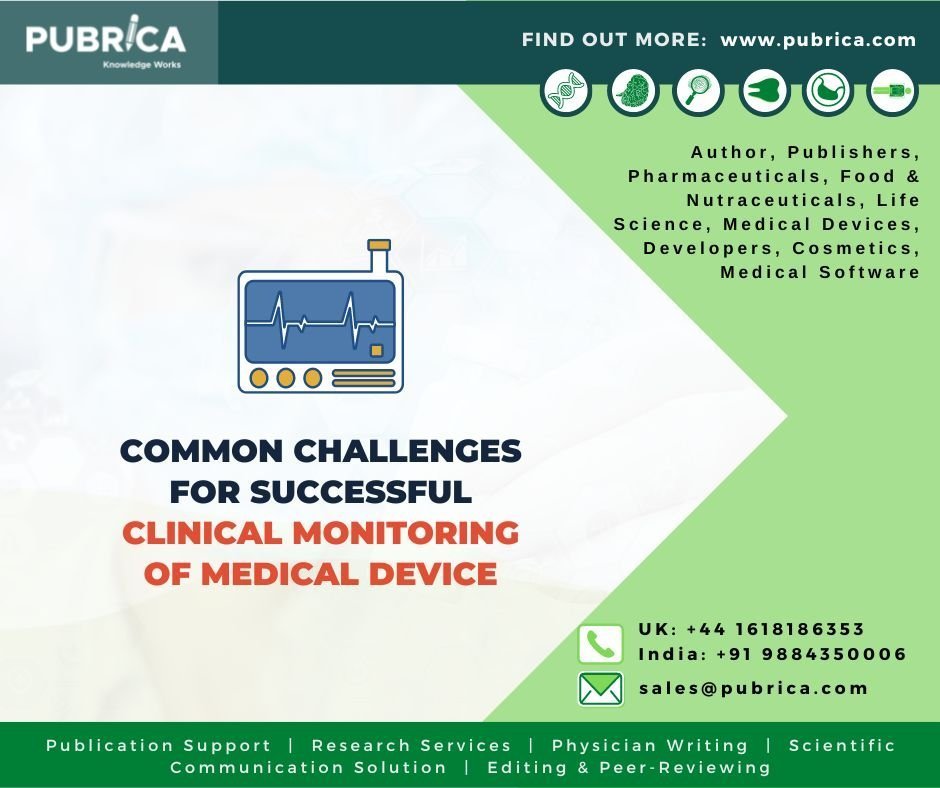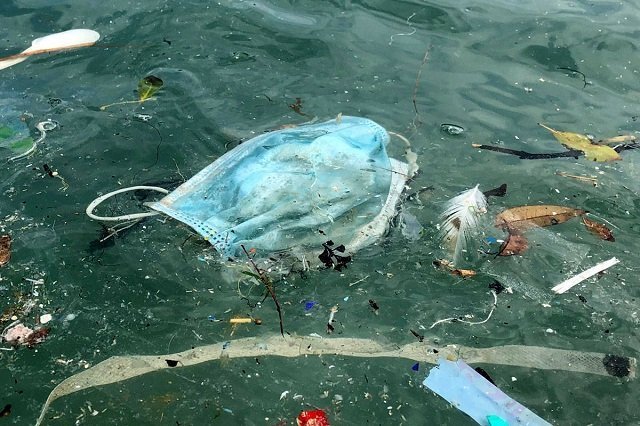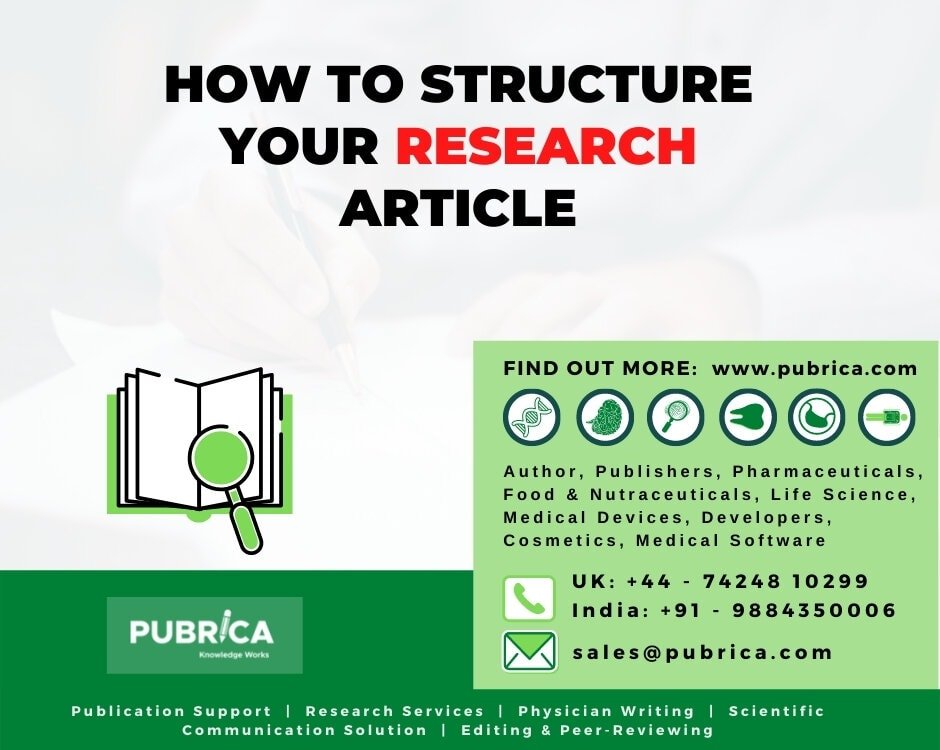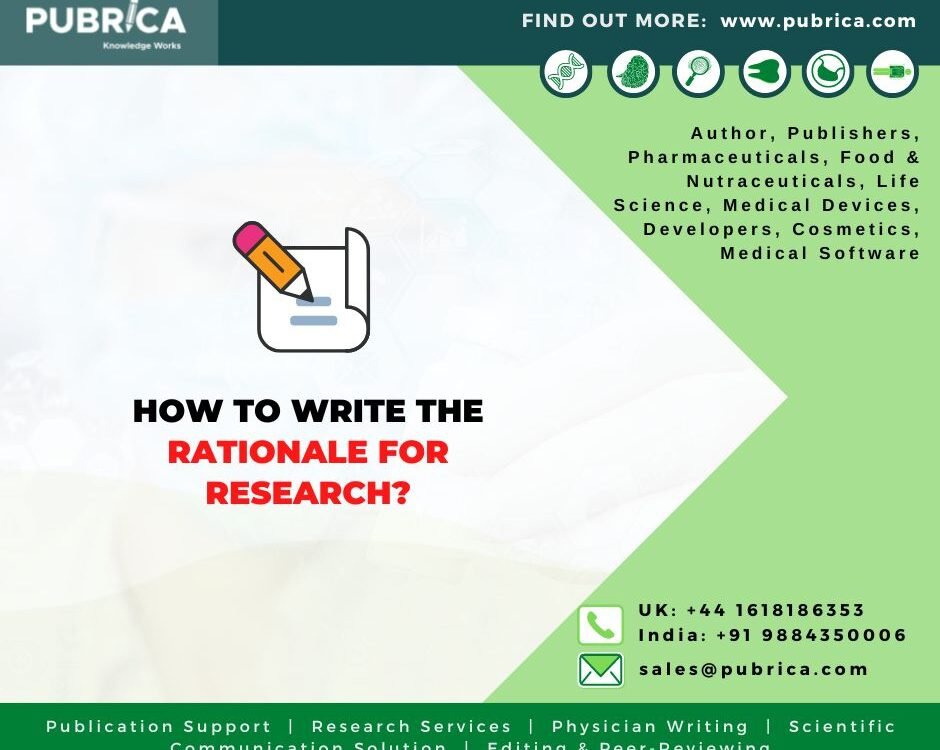
Common Challenges for Successful Clinical Monitoring of Medical Device
December 26, 2022
What is the difference between a systematic review and a meta-analysis?
January 20, 2023In brief
Most of those polled had headaches, rash, acne, skin disintegration, and poor cognition after using N95 and surgical masks for an extended period during COVID-19. As the second wave of COVID-19 is likely, it is critical to discover strategies to mitigate these negative consequences in preparation for future pandemics. For the future treatment of undesirable effects associated with extended mask usage, frequent breaks, enhanced hydration and relaxation, skin care and perhaps newly designed comfortable masks are recommended.
Introduction
The nose is a complex organ that serves many functions and is an integral part of the face. The nose’s primary function is to humidify and warm the inhaled air and prevent toxic particles from entering the lower respiratory tract. It is the respiratory system’s first line of defence. An average adult breathes about 10,000 litres of air every day. With the advent of COVID-19, protective equipment such as masks has become common worldwide. Wearing masks for long periods has a variety of physiologic and psychological consequences, as well as the potential to reduce work performance. When masks are worn, activity cannot be done as long or as effectively as when they are not worn. Continuous use of masks and surgical masks causes physical adverse effects such as impaired cognition, rashes, skin breakdown, acne, difficulty breathing and headaches. It also interferes with vision, thermal equilibrium and communication. A cross-sectional study to write an original research article reported that prolonged use of masks during Covid-19 has caused various side effects, including impaired skin breakdown, acne, rash and headaches.
Mechanical conditions, hypoxemia and hypercapnia, may all cause headaches while wearing a mask for an extended period. Hypercapnia is caused by tight-fitting masks that prevent adequate ventilation and result in elevated carbon dioxide levels (CO2). Since CO2 is a proven respiratory stimulant, a buildup of exhaled CO2 between the mask and the face can result in increased lung ventilation and respiratory function. Exhaled CO2 accumulates between the mask and the face, causing confusion, diminished memory, and disorientation. Discomfort and hyperthermia are caused by a hot and humid atmosphere in the facial area covered by masks. The moist environment and pressure from tight-fitting masks often block face ducts. Also, exhaled air is drawn towards the eyes by a face mask. This makes you feel uneasy and makes you want to touch your eyes. You are infecting yourself if your hands are dirty. For people with chronic obstructive pulmonary disease (COPD), face masks are intolerable to wear as they worsen their breathlessness.

Side effects of masks for patients with Covid-19
Wearing a mask by patients with Covid-19 can cause more significant side effects than healthy individuals. If the viral load is pushed down into the lungs by increased breathing, it may exacerbate the clinical condition of infected people. Also, it may cause severe viral-related lung diseases in future. Also, patients with Covid-19 have low breathing levels; in this situation, the masks reduce the oxygen level significantly. Here are the original research manuscript writing Service basics of how to use a mask.
- Clean your hands before putting on your mask, before and after removing it, and after touching it at any time.
- Ensure that it covers your chin, lips, and nose.
- When you remove a mask, store it in a clean plastic bag and wash it every day if it is a fabric mask, or discard it if it is a medical mask.
- No valve masks should be worn.
Environmental pollution due to masks
The widespread use of face masks by Covid-19 emergency responders demonstrates environmental disorder both on land and in the water, as well as the fact that the global pandemic has not alleviated the problem of increasing plastic contamination in the atmosphere. Polymeric (polypropylene, polystyrene, etc.) products have been established as a significant source of macroplastic and microplastic particulate contamination in the setting. Different packaging plastic materials, bottling plastic materials (especially bottled water), and containers from the food processing industries, for example, are significant sources of global microplastic contamination in the ocean, freshwater, and marine environment as fibres and particulate matter. These polymeric materials can enter water bodies in various ways, including wind, leaching, and flooding. Disposable face masks, made of polymeric materials, have also been found in the environment, first as waste in public spaces or landfills and then as a new emerging source of microplastic fibres in freshwater and oceans. With different environmental conditions (saline, temperature, humidity, etc.), these face masks degrade/fragment into tiny particles, usually less than 5 mm. Although face masks are one of the most popular plastic solid waste materials after use, banning them is currently the least viable choice. The explanation may be that it has a positive rather than a negative impact on the ongoing global control mechanisms against the spread of Covid-19. Furthermore, it is not time to improve critical thinking in original research paper writing research to provide environmentally friendly alternatives for long-term and viable face mask waste management systems to combat plastic pollution.

Conclusion
Continuous use of masks during Covid-19 has caused several side effects, such as headaches, rash, acne, impaired cognition and skin breakdown. It is critical to find solutions to manage these negative consequences as a second wave of Covid-19 is planned and in preparation for future pandemics. For forthcoming management Scientific Original Research Articles on adverse effects related to extended mask usage, frequent breaks, improved hydration and rest, skincare and possibly newly built comfortable masks are recommended.
About Pubrica
Pubrica has professional experience in medical writing. Furthermore, the team of medical professionals at Pubrica provides unique medical writing services such as clinical research, pharmacology, public health, regulatory writing, clinical report forms (Crf), biostatistics, psychology, life science, dentistry, radiology, dermatology, diabetes, gynaecology, cardiology, biochemistry, forensics, surgery, neurology, psychiatry, genomics, medical device, pharmaceutical, nutraceutical, hospitals, universities.
References
- Foo, C. C. I., Goon, A. T. J., Leow, Y. H., & Goh, C. L. (2006). Adverse skin reactions to personal protective equipment against severe acute respiratory syndrome�a descriptive study in Singapore. Contact Dermatitis, 55(5), 291–294.
- Johnson, A. T. (2016). Respirator masks protect health but impact performance: a review. Journal of Biological Engineering, 10(1), 1–12. https://jbioleng.biomedcentral.com/articles/10.1186/s13036-016-0025-4
- Kyung, S. Y., Kim, Y., Hwang, H., Park, J.-W., & Jeong, S. H. (2020). Risks of N95 face mask use in subjects with COPD. Respiratory Care, 65(5), 658–664. http://rc.rcjournal.com/content/65/5/658.short
- Lim, E. C. H., Seet, R. C. S., Lee, K. H., Wilder Smith, E. P. V, Chuah, B. Y. S., & Ong, B. K. C. (2006). Headaches and the N95 face mask amongst healthcare providers. Acta Neurologica Scandinavica, 113(3), 199–202. https://onlinelibrary.wiley.com/doi/abs/10.1111/j.1600-0404.2005.00560.x



